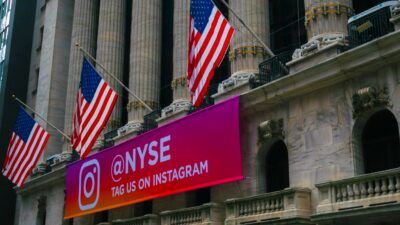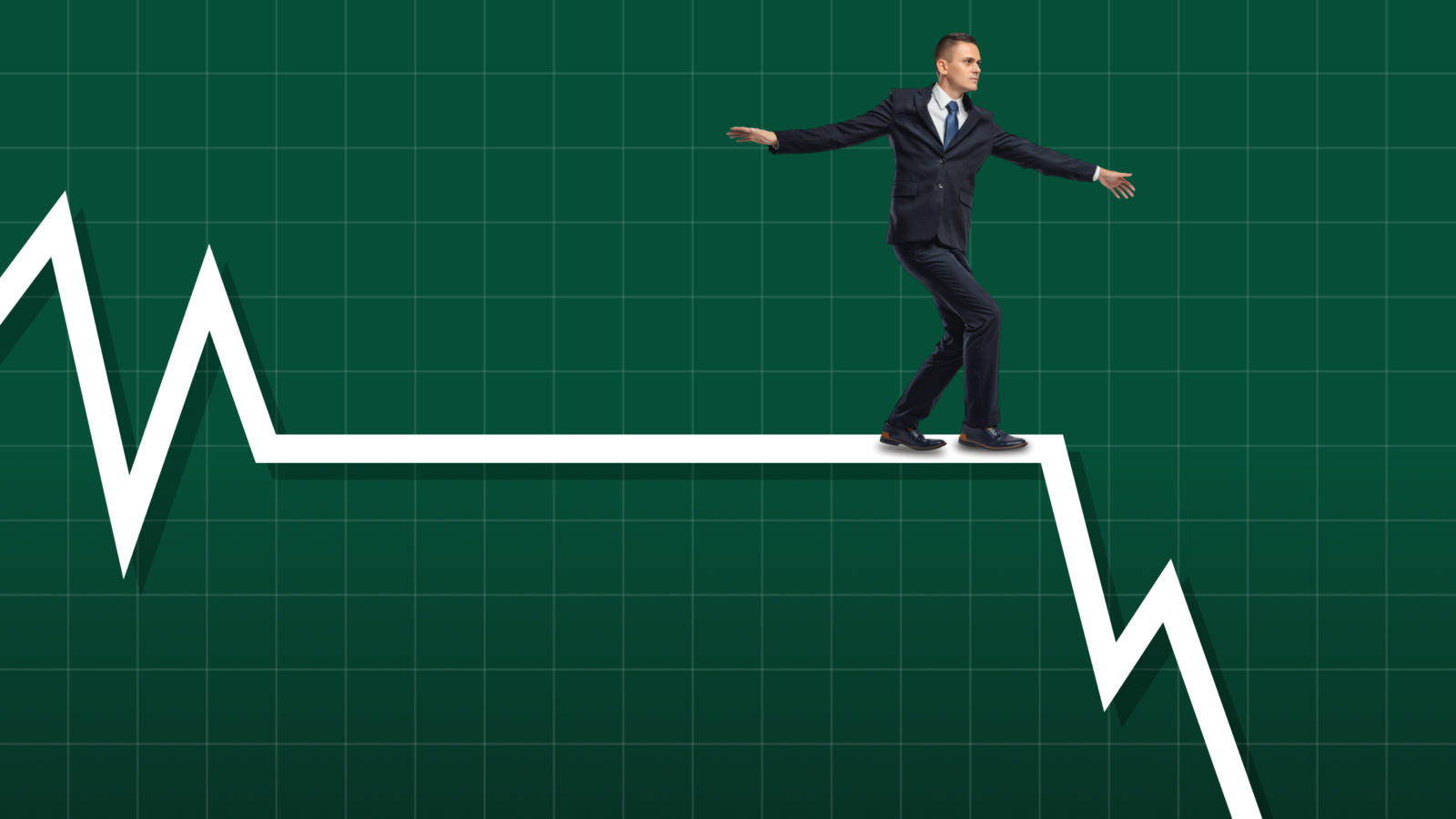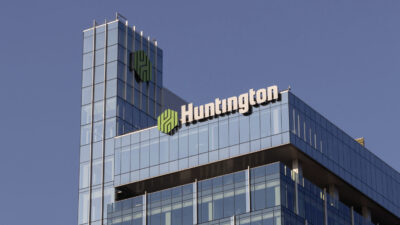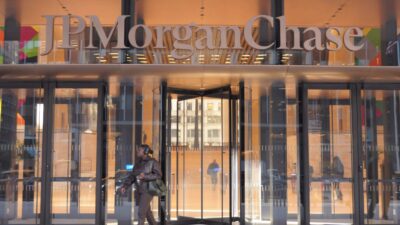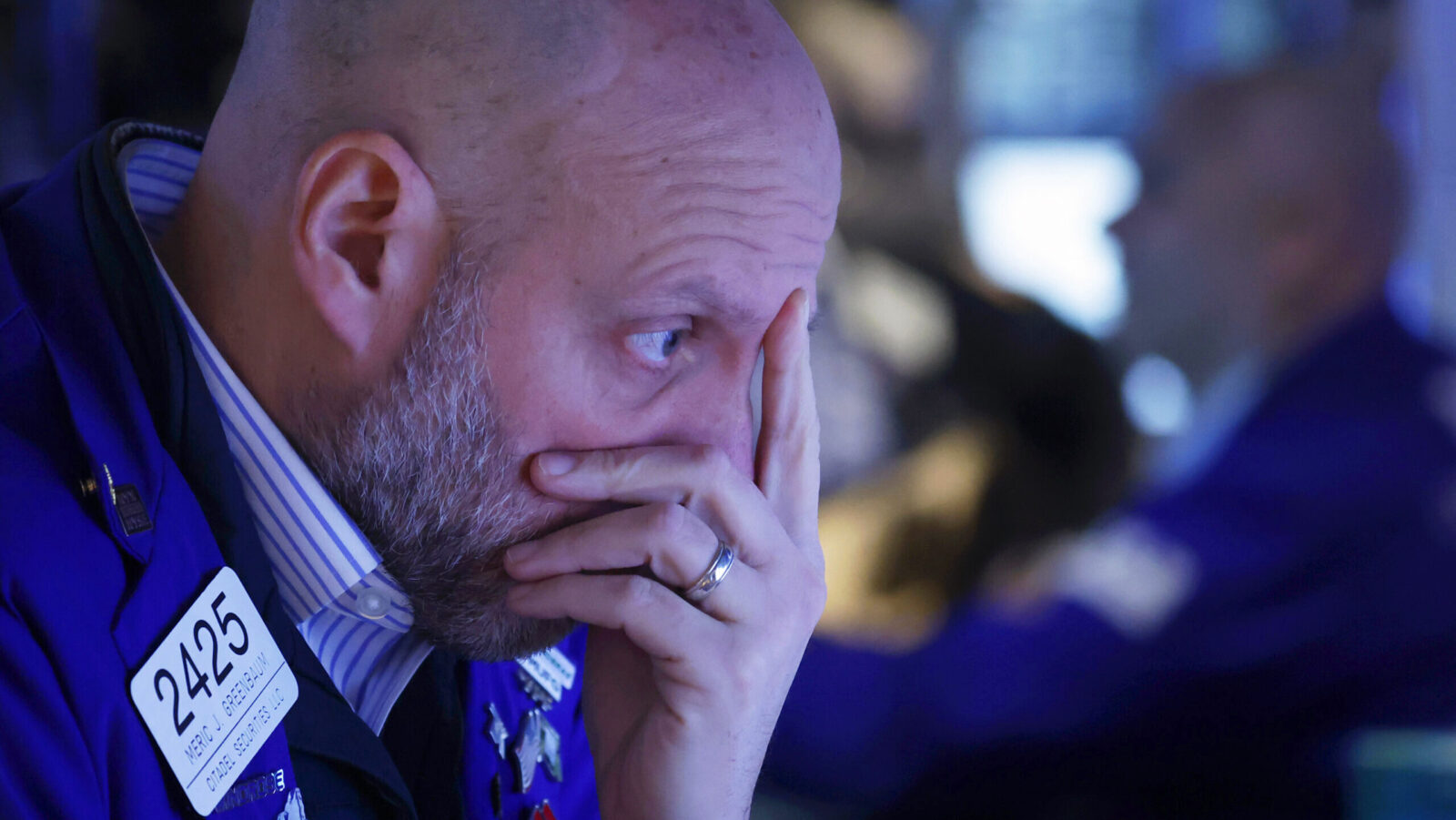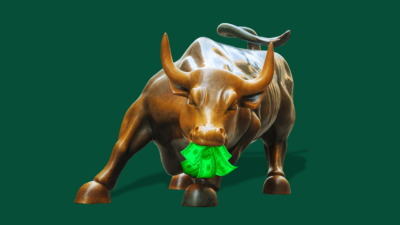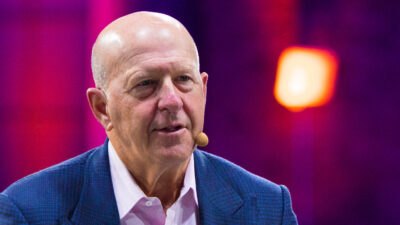Unease About Warren Buffett’s Retirement Overshadows Berkshire Earnings Beat
For the 12th consecutive quarter, Berkshire Hathaway was a net seller of stocks, offloading $6 billion worth.
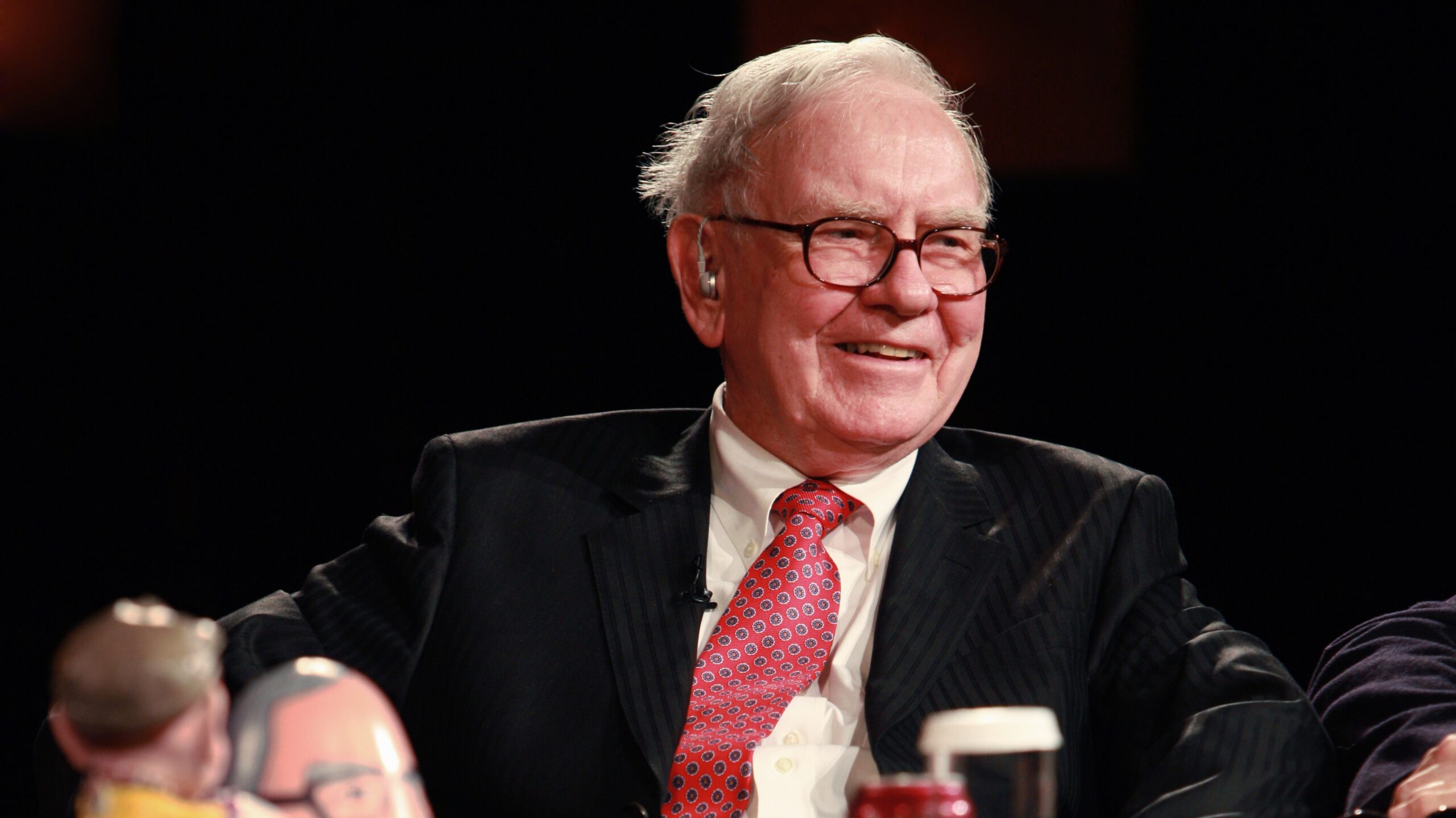
Sign up for smart news, insights, and analysis on the biggest financial stories of the day.
Wall Street’s favorite struggling-textile-company-turned-trillion-dollar-conglomerate beat expectations when it reported its third-quarter earnings over the weekend.
Warren Buffett’s Berkshire Hathaway boasted a 33% year-over-year increase in operating profit, which reached $13.5 billion, and a 17% jump in net income, which combines those earnings with its investment gains and totaled $30.8 billion. When markets regrouped on Monday, however, investors offered a collective meh, as Berkshire’s Class B shares fell 0.3% in New York.
Ready, Willing and Abel
As one of the stock market’s biggest investors (the top shareholder in American Express and Coca-Cola), Berkshire’s results are something of a quarterly Groundhog Day for Wall Street, where Buffett plays the role of a much, much wiser Punxsutawney Phil. And his pending retirement adds to the fascination. For months, the CEO has variously said or implied that equities are overvalued, and Berkshire’s latest results suggest his view hasn’t changed. For the 12th consecutive quarter, Berkshire was a net seller of stocks, offloading $6 billion worth. Buffett also held off on buybacks for a fifth straight quarter.
There is undeniable unease in some quarters about Buffett’s plans to step down as CEO at the end of the year. He’ll remain as chair, and his chosen successor, Berkshire’s non-insurance operations chief Greg Abel, will captain the ship. Berkshire’s shares are down roughly 12% since the transition was announced in May, trailing the S&P 500’s roughly 20% gain and underscoring the value of the so-called “Buffett premium,” the amount that Berkshire shares are purportedly buoyed by investors’ faith in the man nicknamed the Oracle of Omaha. The upside, even if shares are flat and analysts have mixed views, is the war chest that Buffett’s leaving:
- Berkshire’s cash pile hit a record $358 billion at the end of September, with Treasury payables subtracted. It should be noted, though, that Buffett’s unprecedented cash hoarding was easier to pull off in recent years when interest rates, now trending downward, were high: Berkshire made $17 billion from interest, dividends and other investment income in the first nine months of 2025, compared with $7.5 billion in all of 2021.
- Still, Abel will enter the job with nearly $400 billion in dry powder. If Buffett’s views on valuations are vindicated and stocks do at some point tumble, the departing CEO would shore up his own legacy and help establish his successor’s place by allowing Abel to deploy Berkshire’s cash pile when prices become more attractive.
Choose Your Own Adventure: Ahead of the weekend, KBW analysts downgraded Berkshire shares, which they said appear “vulnerable” amid the leadership change. CFRA analysts were more lukewarm, stating the lack of buybacks “suggests management sees the shares as fairly valued.” Edward Jones analysts were a pinch more optimistic, writing Abel should “restore investor confidence over time.” UBS, meanwhile, hiked its target price for Berkshire to $595 from $593 and affirmed its buy rating.



